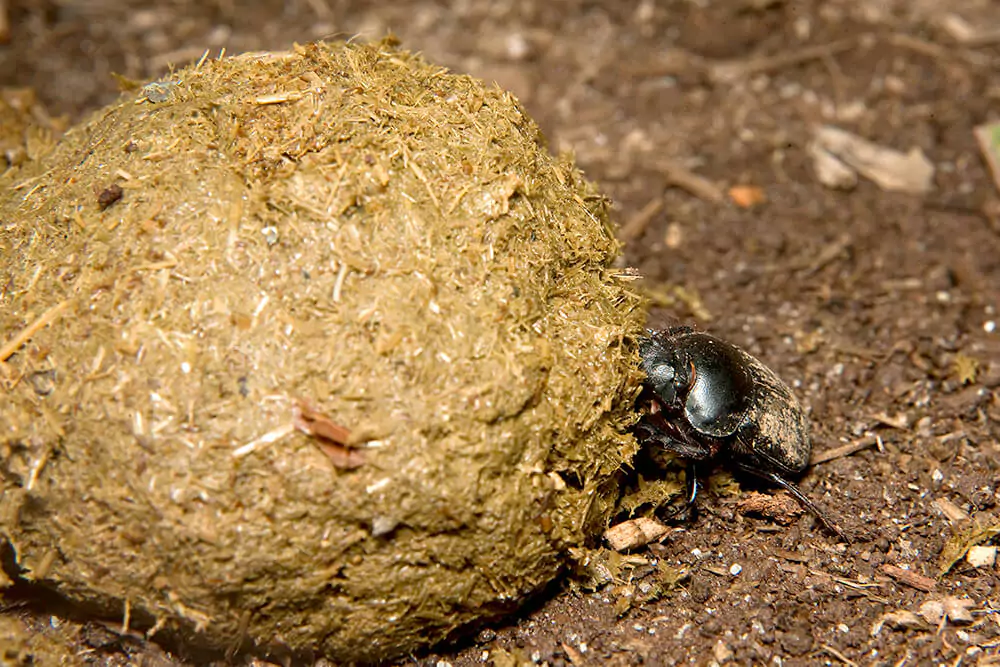Dung Economics
India imports 22 million tonnes of LNG (Liquified Natural Gas) and 8 million tonnes of fertilizers (N, P, K) annually (2022-2024). This accounts for 46% of LNG demand and 31% of fertilizer demand in the country.
Impacts of import dependence
- Strains foreign exchange reserves .
- Makes India vulnerable to global supply disruptions and price fluctuations .
- Affects food production, agricultural profitability, and food prices .
- Environmental concerns: Excessive use of fossil fuels and chemical fertilizers degrades natural resources and harms human health.
Livestock and the Potential of Dung-Based Bio-Energy
- India has 303 million cattle and buffaloes , producing 1,271 million tonnes of dung annually .
- Dung can be converted into renewable energy (bio-CNG) and organic fertilizers .
-
Current usage:
- 35% used as domestic fuel.
- 65% used as manure, contributing 2.64 million tonnes of nitrogen, 1.16 million tonnes of phosphorus, and 2.48 million tonnes of potassium to the soil.

Potential of Dung in Energy & Fertilizer Production
- Dung-to-Bio-CNG Conversion:
- Processing the dung used for manure can generate 13.4 million tonnes of bio-CNG .
- Processing all available dung can yield 21.8 million tonnes of bio-CNG, equivalent to India's LNG imports .
- Organic Fertilizer Generation:
- Dung-to-bio-CNG processing produces 3.4 million tonnes of organic fertilizer .
- This could reduce fertilizer imports by 43% .
Environmental & Agricultural Benefits
- Reduces Methane Emissions: Prevents emissions from unmanaged dung.
-
Improves Soil Health: Biofertilizer from processed dung enhances:
- Nutrient content (N, P, K).
- Microbial activity for soil health.
- Water retention & fertility .
- Reduces Carbon Emissions: Bio-CNG potential equals 31.9 billion litres of petrol , reducing carbon emissions by 60% when used as an alternative fuel.
- Past biogas schemes failed due to inadequate dung collection at the household level .
-
Shift in policy focus:
- Commercial-scale bio-CNG production from dung.
- Development of efficient dung collection models and financial incentives for farmers .
- Support for new bioenergy plants .
- Carbon credit trading schemes to promote investment in biogas and bio-CNG projects .












